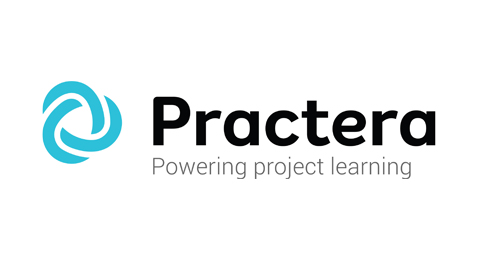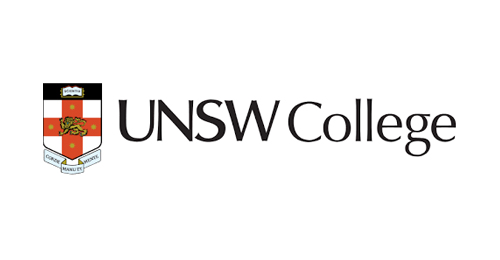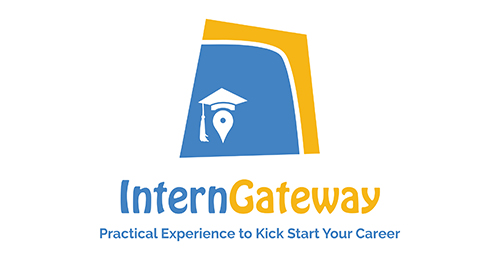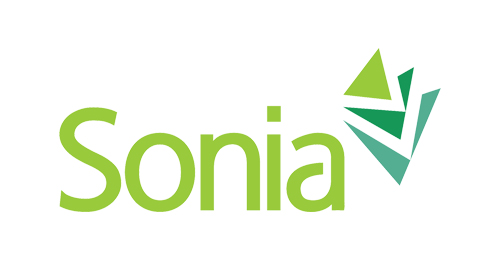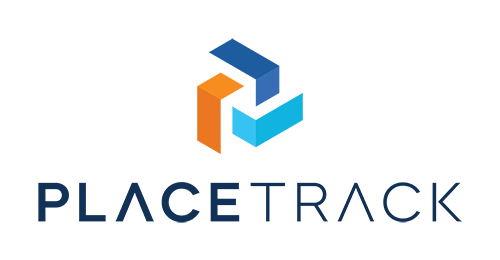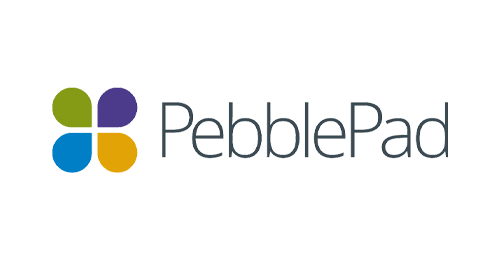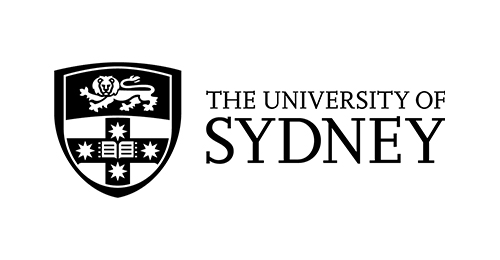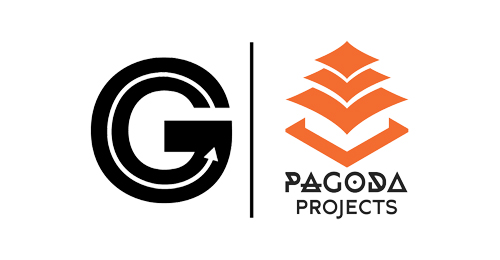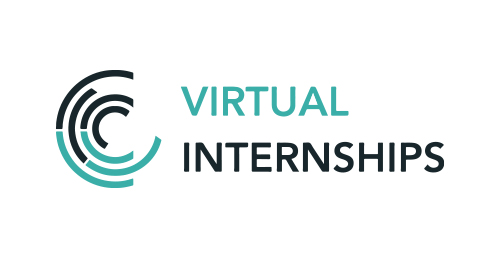
21&22 October 2024
Sofitel Sydney Wentworth SYDNEY/EORA
#WILPower2024
ACEN
Day(s)
:
Hour(s)
:
Minute(s)
:
Second(s)
Advancing Quality WIL for Learning and Employability in an Ever-Changing World
The ACEN Conference Committee together with the ACEN Board are pleased to announce the 2024 ACEN Conference will take place on 21 & 22 October 2024 in Sydney/Eora, Australia. The conference will be held at the Sofitel Sydney Wentworth, perfectly located in the heart of the CBD. This iconic Sydney luxury hotel is known as the best conference venue in Sydney and we can’t wait to see you there!
The ACEN Conference is focused on creating networking and professional learning opportunities to promote quality and excellence in WIL. We welcome participation from practitioners and researchers from the tertiary education sector, industry, community and government representatives, involved in work integrated learning (WIL), collaborative education and career development learning in Australia and beyond.
As we continue to explore and advance our understanding of the nature and impact of quality WIL in practice, the ACEN 2024 conference provides an excellent opportunity to learn and network with like-minded colleagues. The future world of work will provide significant challenges and opportunities for our students, and quality WIL experience throughout the learning journey is paramount to enhancing graduate employability.
The four conference sub-themes align to the standards in the framework to support assurance of institution-wide quality in WIL and include: Quality Student WIL Experiences; Quality WIL Curriculum Design; Quality Institutional Practice, Leadership, Governance, and WIL Administrative Support; and Quality Stakeholder Engagement.
We look forward to welcoming national and international colleagues to share and combine our collective knowledge and experience towards advancing impactful quality WIL for all students.
#WILPower2024
Sub-Themes
Quality Student WIL Experiences
- Quality preparation for students: measuring student success
- Global WIL experiences / International WIL / Global WIL
- Designing quality WIL for Indigenous cohorts (indigenous WIL)
- Equitable, inclusive and accessible quality WIL for all students
- Learning during WIL: challenges, opportunities and good practice
- Health, safety and well-being during WIL
- Career development learning through WIL
- Paid and unpaid WIL: challenges and opportunities
- International student challenges and experiences with WIL
Quality WIL Curriculum Design
- Enhancing employability through career development learning and WIL
- Scaffolding WIL curriculum: approaches to supporting students learning
- Entrepreneurial WIL: challenges, opportunities and good practice
- Authentic Assessment of WIL: impact of AI
- Designing for diversity in WIL – Inclusive WIL Practices
- Innovation in WIL: empowering learners for a changing world
- Evaluating and measuring the impact of quality WIL and career development learning in curriculum
- Designing multi-disciplinary WIL
- Service Learning approaches in curriculum design
- Benchmarking quality WIL: are we learning from each other?
- Micro-WIL: the value of short WIL experiences
Quality Institutional Practice, Leadership, Governance, and WIL Administrative Support
- WIL Risk management and governance
- Administrative WIL support: quality processes and IT systems
- Evaluation of operational WIL processes and outcomes
- Leadership – the new WIL leader: how to champion and structure quality WIL in institutions
- Managing risk in a global WIL world
- Funding, resourcing and evaluation to support quality WIL
- Measuring impact: data collection and evaluation
- Staff capability building and support for new and existing WIL practitioners
- Partnering for WIL Leadership: Faculty, support units and external partners collaborating in codesign and codelivery
- Reward, recognition and valuing WIL scholarship and practice
- Emerging research methodologies for WIL
Quality Stakeholder Engagement
- Partnering for WIL: challenges and innovative opportunities
- Building quality industry and community partnerships: supporting our partners
- Managing risk, due diligence, legal aspects
- Enhancing workplace supervisor capability – a collaborative process
- Students as partners in Codesign of WIL
- Indicators for measuring impact of quality stakeholder engagement
Acknowledgement of Country
We acknowledge and pay respects to the Gadigal of the Eora Nation, the traditional custodians of the land on which the conference will meet.
Keynote Presentations
Keynote Panel Session:
AI and WIL: Preparing Students for the Workforce of Tomorrow
AI is having a significant impact on tertiary education and industry stakeholders in WIL. It is critical for stakeholders to collaborate on ways to deal with the issues that AI generates. The keynote presentation and panel of tertiary and industry experts will explore the applications of AI for WIL practice, and its broader impact on the future workforce. The panel will conclude with a discussion of the challenges and opportunities that AI presents for advancing quality WIL in an ever-changing world.
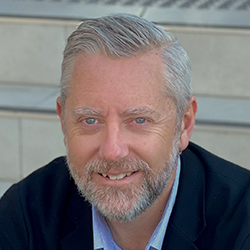
Associate Professor
Jason Lodge
The University of Queensland

Associate Professor
Bonnie Dean
University of Wollongong
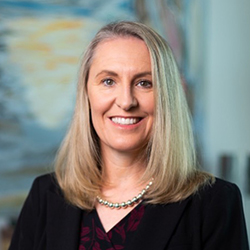
Professor
Tania Broadley
University of Canberra

Reg Johnson
Cisco Australia & New Zealand
Keynote Panel Session:
Scaling Quality and Inclusive WIL: Increasing Partnerships with SMEs
Pressure to increase engagement between tertiary institutions, students, and businesses continues to develop in Australia, with recent drivers including the National Priorities and Industry Linkage Fund and recommendations of the Universities Accord Final Report. In Australia, Small and medium-sized Enterprises (SMEs) constitute approximately 98% of all businesses and, combined, SMEs contribute approximately 56% of GDP (almost $1,000 billion in 2022-23)1. This keynote panel of tertiary and industry experts will explore what scalable and quality WIL with SMEs might look like, including stakeholder perspectives of challenges, opportunities, and success for the coming years.
1 https://www.asbfeo.gov.au/small-business-data-portal/contribution-australian-gross-domestic-product

Dr Judene Pretti
Cooperative Education and Work-Integrated Learning Canada
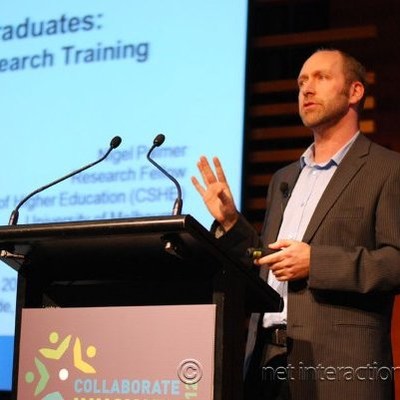
Dr Nigel Palmer
Business NSW

Anne Younger
Australian Industry Group
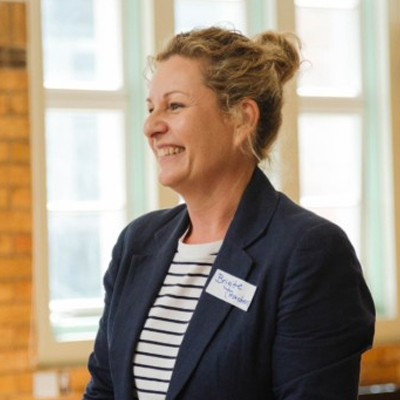
Brigitte McKenna
Practera
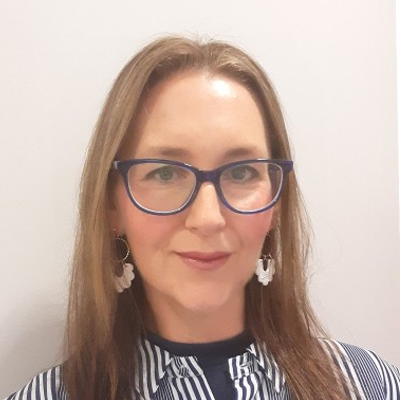
Marlene Henry
Western Sydney University

Associate Professor Michael O’Connor
Australian Collaborative Education Network
Important Dates
REGISTRATIONS OPEN
3 Oct 2023
ABSTRACT SUBMISSIONS OPEN
15 Oct 2023
SUPPORT GRANT APPLICATIONS OPEN
17 Jan 2024
ABSTRACT SUBMISSIONS & SUPPORT GRANT APPLICATIONS CLOSE
31 May 2024
ABSTRACT & SUPPORT GRANT NOTIFICATIONS ISSUED
30 Jun 2024
EARLY BIRD REGISTRATIONS CLOSE
31 Jul 2024
SPEAKER REGISTRATION DEADLINE
31 Jul 2024
DRAFT PROGRAM RELEASED
31 Aug 2024
CONFERENCE DATES
21 & 22 Oct 2024
Our Sponsors

Professor Tania Broadley
University of Canberra
Professor Tania Broadley is the Pro Vice-Chancellor, Education at the University of Canberra. She joined UC in February 2022, after holding several roles at RMIT University in Melbourne including, DVC College of Design & Social Contexts, Dean School of Education and Associate DVC of Learning & Teaching. Tania has worked across four Australian universities and has extensive experience in university governance and academic leadership. Her research areas are concentrated in the field of educational technologies, teacher education, teacher resilience and professional development. Her most recent publication in the field of graduate employability was co-editing the SAGE Handbook of Graduate Employability which brings together the latest research on graduate employability into one authoritative volume.

Associate Professor Bonnie Dean
University of Wollongong
Associate Professor Bonnie Amelia Dean is the Head of Academic Development & Recognition at the University of Wollongong. Bonnie is Associate Editor for the International Journal of Work-Integrated Learning, previous Board Member of ACEN and contributes to strategic governance and scholarship in WIL and teaching & learning.

Reg Johnson
Cisco Australia & New Zealand
Reg leads the strategic industries practice at Cisco Australia and New Zealand (ANZ) and is a member of Cisco’s World-Wide Industry Solutions Group. Reg has over 25 years’ experience in the ICT industry in professional sales and marketing management and business and industry development. Reg has deep experience in brokering and sustaining partnerships at the intersection of industry, government and universities and is a passionate advocate for the role that secure technology platforms will play in Australia’s economic future.

Associate Professor Jason Lodge
The University of Queensland
Jason Lodge, PhD, PFHEA is Associate Professor of Educational Psychology and Director of the Learning, Instruction, and Technology Lab in the School of Education and is a Deputy Associate Dean (Academic) in the Faculty of Humanities, Arts and Social Sciences at The University of Queensland. Jason’s research with his lab focuses on the cognitive, metacognitive, and emotional mechanisms of learning, primarily in post-secondary settings and in digital learning environments. His most recent work has focused on learning and assessment with artificial intelligence.

Dr Judene Pretti
Cooperative Education and Work-Integrated Learning Canada
Dr Judene Pretti is Director of the Strategic Enablement Team for Co-operative and Experiential Education at the University of Waterloo. She is also a senior advisor to University of Waterloo’s Work-Learn Institute, associate editor for the International Journal of Work-Integrated Learning (https://www.ijwil.org/), co-editor of the recently published 3rd edition of the International Handbook on Work-Integrated Learning and president of Cooperative Education and Work-Integrated Learning (CEWIL) Canada (https://cewilcanada.ca/).

Anne Younger
Australian Industry Group
Anne Younger is a Senior Policy Consultant with the Australian Industry Group (Ai Group). She was previously the General Manager, Policy and Projects within the Centre for Education and Training at Ai Group where she was responsible for policy development and major projects addressing education and training issues for member companies. This included work on the initial National Strategy for WIL in University Education, encouragement of take-up by industry, ongoing monitoring of its impact, and work to refresh the Strategy.
At Ai Group, Anne has also worked as an Economist, managed a national team of skills advisers assisting with workforce development in companies, and managed a national team of business advisers charged with helping small–medium enterprises to improve productivity and innovation.
Before joining Ai Group, Anne worked for over 25 years within TAFE institutes and government agencies in the VET sector across a range of management roles involving policy, planning, research and continuous improvement.
Anne is a board member of the Manufacturing Industry Skills Alliance, an Australian Jobs and Skills Council. She holds a Bachelor of Economics and a Master of Education (Educational Leadership and Management).

Dr Nigel Palmer
Business NSW
Dr Nigel Palmer works at the intersection of education and industry through his role as Senior Policy Manager for skills and education with Business NSW. Nigel has substantial experience in higher education policy, research education and program development. He has authored many submissions to government inquiries, has appeared to give evidence before various federal parliamentary committees and has published widely on higher education quality assurance and research education policy and practice. Nigel holds a PhD from the Australian National University and is a Visiting Fellow with the Australian Studies Institute. Nigel’s mission is to contribute to the advancement of innovation in education and research in Australia and beyond.

Brigitte McKenna
Practera
I specialise in the design and development of cutting-edge learning solutions that drive measurable outcomes in complex, regulated environments across industry, commerce, and education sectors. My expertise lies in:
- Human-centred design for accessible, engaging, discoverable learning experiences
- Leveraging emerging technologies for end-to-end program development
- Optimising learning pathways in large organisations
With a passion for blending traditional methods and next-gen SaaS solutions, I create impactful learning journeys that resonate with diverse audiences. My approach combines audience engagement strategies with commercial acumen and public sector insights to deliver transformative results.

Marlene Henry
Western Sydney University
Marlene Henry is Head of Placements in the Office of Educational Partnerships and Quality at Western Sydney University, providing strategic service-led leadership stakeholder engagement via industry partnerships. Marlene leads and manages a centralised service driven team, promoting risk management, good governance and communities of practice adoption through policy and compliance.

Associate Professor Michael O’Connor
Australian Collaborative Education Network
Associate Professor Michael O’Connor is interested in using human stem cells to better understand normal human development and disease progression. His current research activity makes use of human pluripotent stem cells (i.e. cells that can produce any cell type of the body) to learn more about cataract, a variety of conditions that involve degradation of the ocular lens leading to blindness. Michael obtained his PhD from the University of Sydney in 2005, creating an animal-based culture system that can regenerate functional ocular lenses in the laboratory. Upon completing his PhD Michael undertook postdoctoral studies in Vancouver (Canada), where he identified new genes and mechanisms that help maintain the developmental potential of human pluripotent stem cells. Michael has received numerous awards for his work in both the lens and human pluripotent stem cell fields, and together these diverse areas of expertise provide a unique opportunity to understand lens and cataract development using human cells. Throughout his career, Michael has also maintained an interest in translating academic research findings into biotechnology or clinical applications, through interactions with both Australian and Canadian biotechnology companies.

